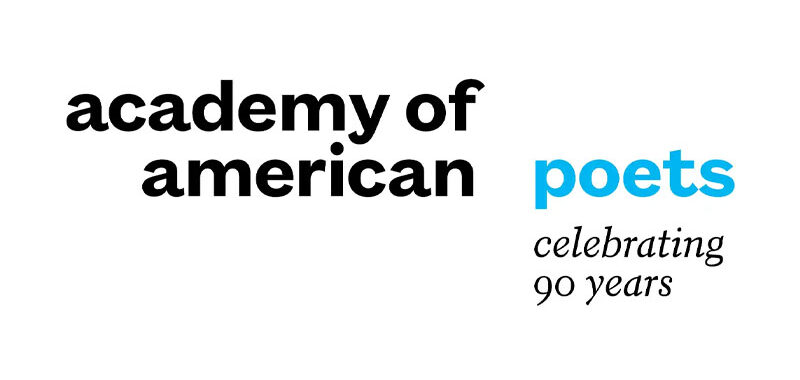This morning, the Academy of American Poets announced this year’s recipients of two of its major prizes: the Wallace Stevens Award and the Academy Fellowship for Distinguished Poetic Achievement.
Naomi Shihab Nye has won the 2024 Wallace Stevens Award, which recognizes “outstanding and proven mastery in the art of poetry,” and comes with a $100,000 purse.
“In a stunning spectrum of works published in a period beginning nearly fifty years ago, Naomi Shihab Nye has borne witness to the complexities of cultural difference that connect us as human beings, evidencing a firm commitment to the poet as bearer of light and hope,” Academy Chancellor Afaa Michael Weaver said in a press release.
In celebrating her Palestinian heritage with a gentle but unflinching commitment, her body of work is a rare and precious living entity in our time, when the tragic conflict between Gaza and Israel threatens to deepen wounds and resentments everywhere. Rooted in the profound influence of her family’s love of their culture, Nye’s commitment to hope establishes her as one of the most important poet ambassadors in our time, extending as she does the image of the American literary artist as global citizen. In supporting civility in all spaces, she echoes the concerns of William Stafford, an important influence. What her work would have us know, namely that only peace brings lasting peace, is what her grandmother and elders taught her as a child, the ubiquitous power of the beauty of simple things, the necessities of life that we must share if we are to endure.
Evie Shockley has been awarded the Academy of American Poets Fellowship, which “recognizes distinguished poetic achievement” and comes with a prize of $25,000, along with a residency at the Eliot House in Gloucester, Massachusetts.
In Shockley’s poetry, writes Academy Chancellor Ed Roberson, in the same release, “she uses the persons of history in the way that other writers and landscape painters use the colors of the light on things to create space and time.
In an early poem, ‘London Bridge,’ it isn’t the expected children’s rhyme, but the sound of a Negro spiritual sung by an English cathedral choir—its ‘blues estuary … de-negroes de notes’—that wash into the Thames, floating the singing head of the baritone, Paul Robeson. Fallen into this river also are Othello, Elizabeth I, Gladstone, Disraeli, and Churchill. Shockley here has rewritten the textbook on mythological and historical poetic allusions, among her other innovations in American poetry. In her biographical and genealogical poems, the identity which is writing itself into existence does not have to fabricate a simulacrum of the immensity of its pain or achievement, no need for virtuosic figures of speech. Her figures speak for themselves and more; she makes these identities larger than both history and our individual selfies, and makes them speak for the total of us.
Congratulations to both poets.

